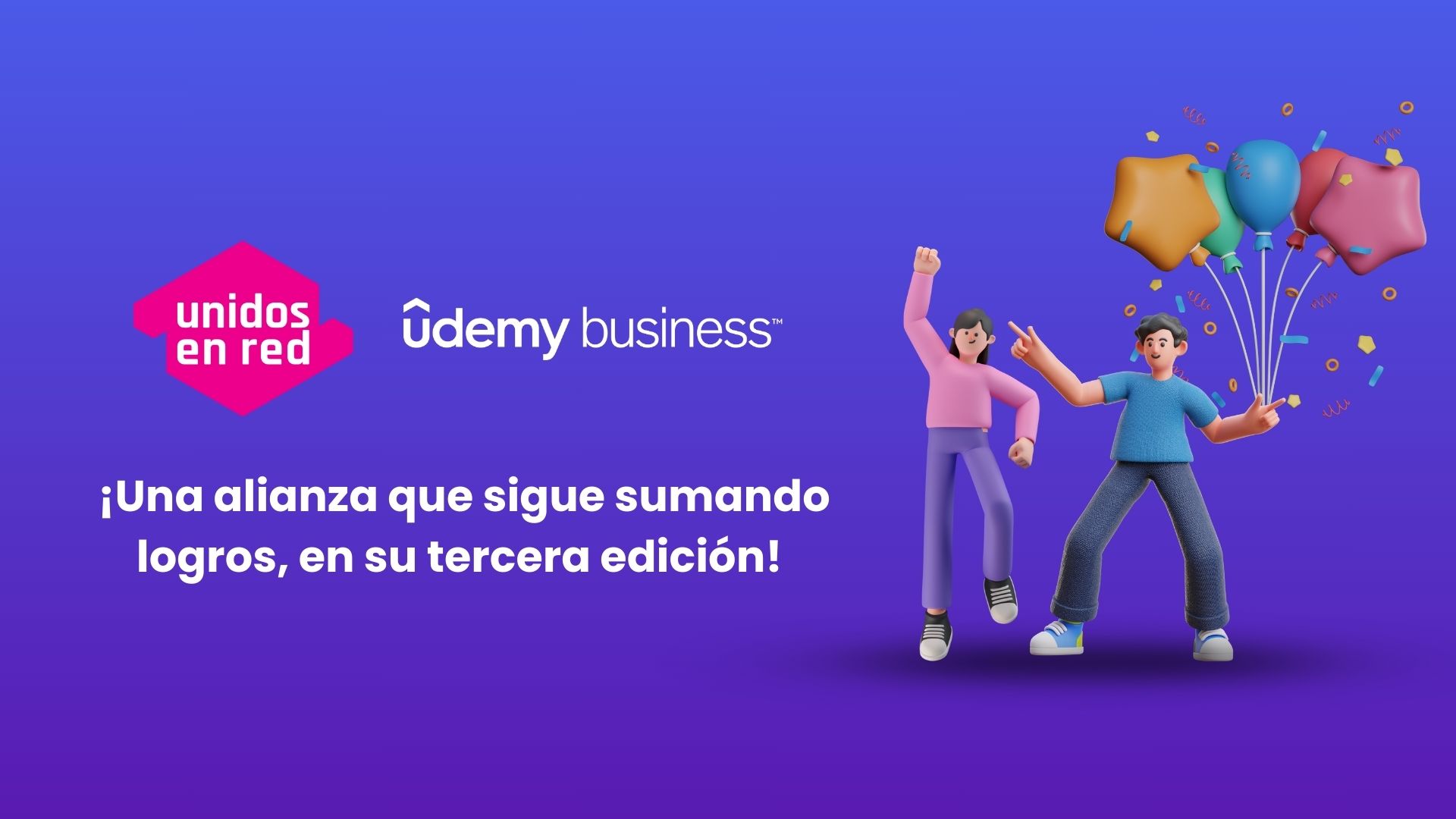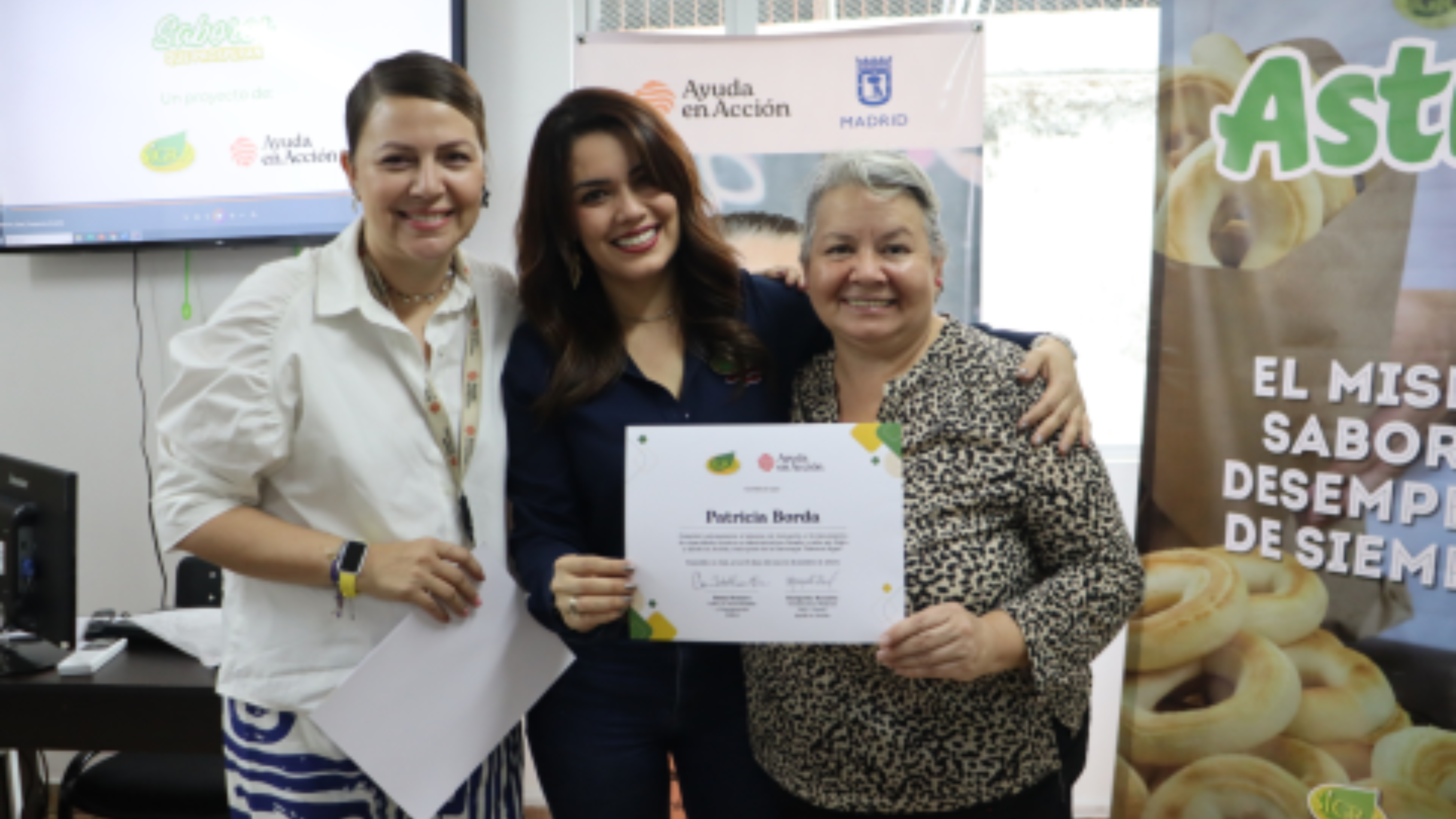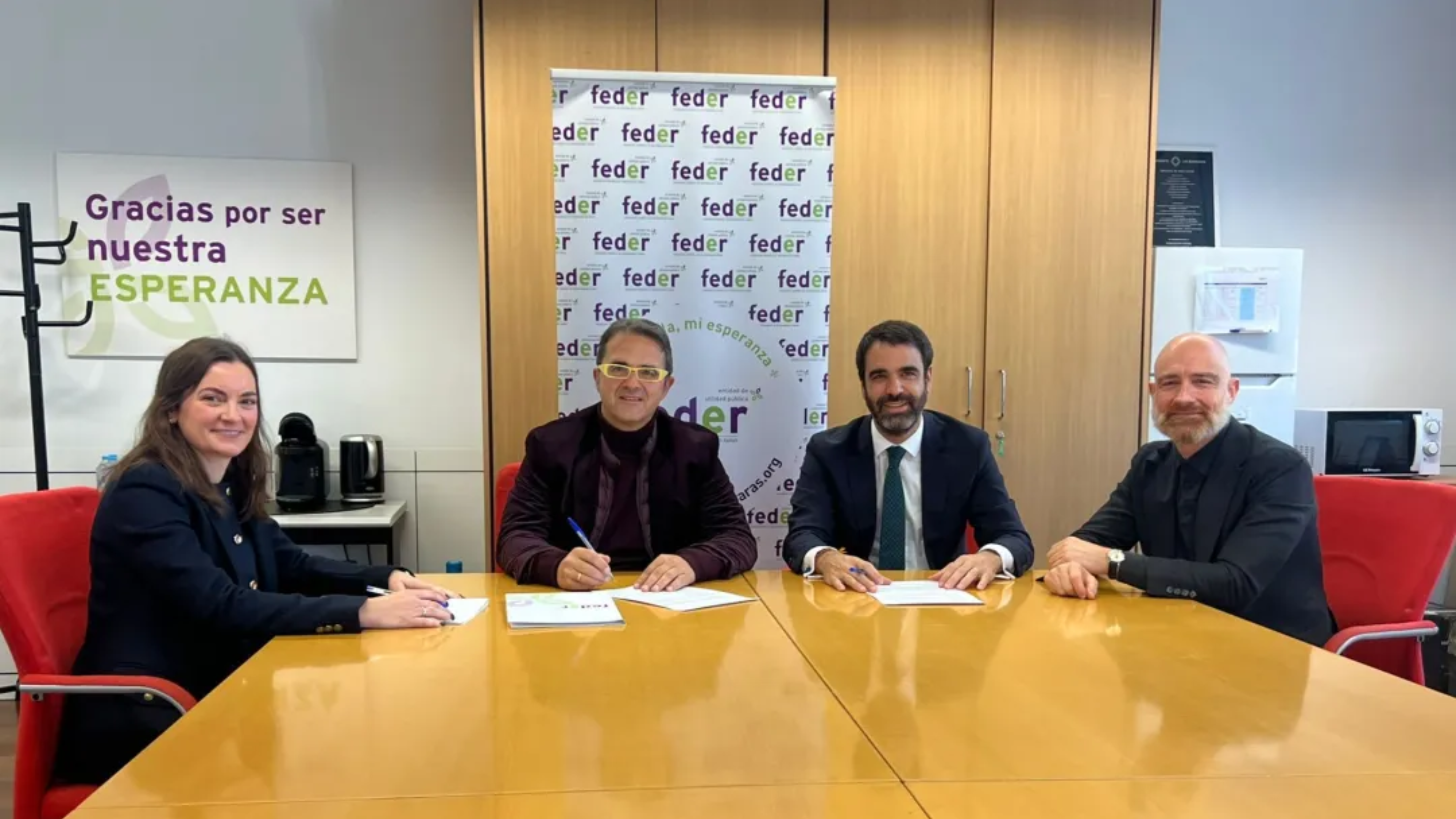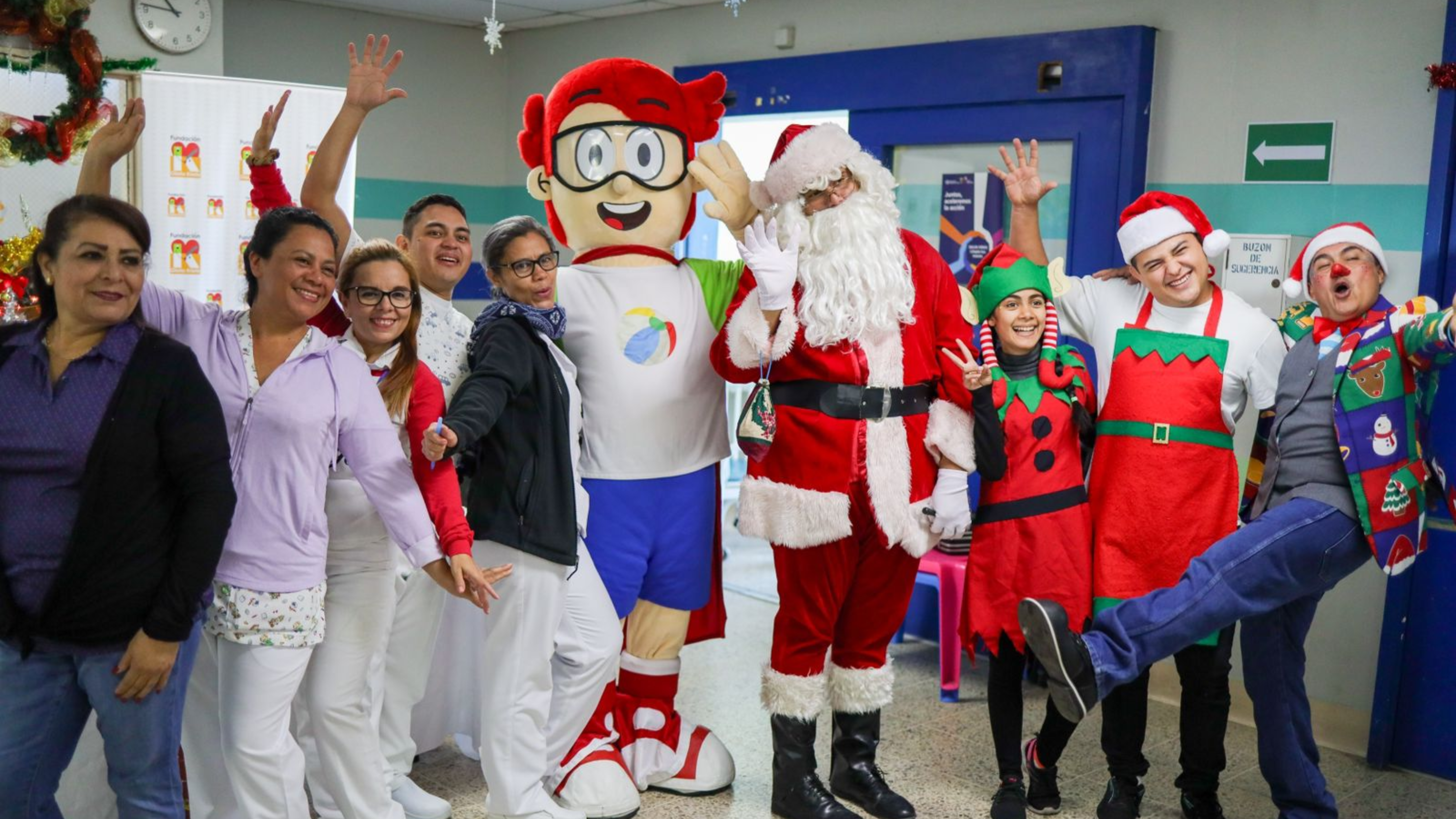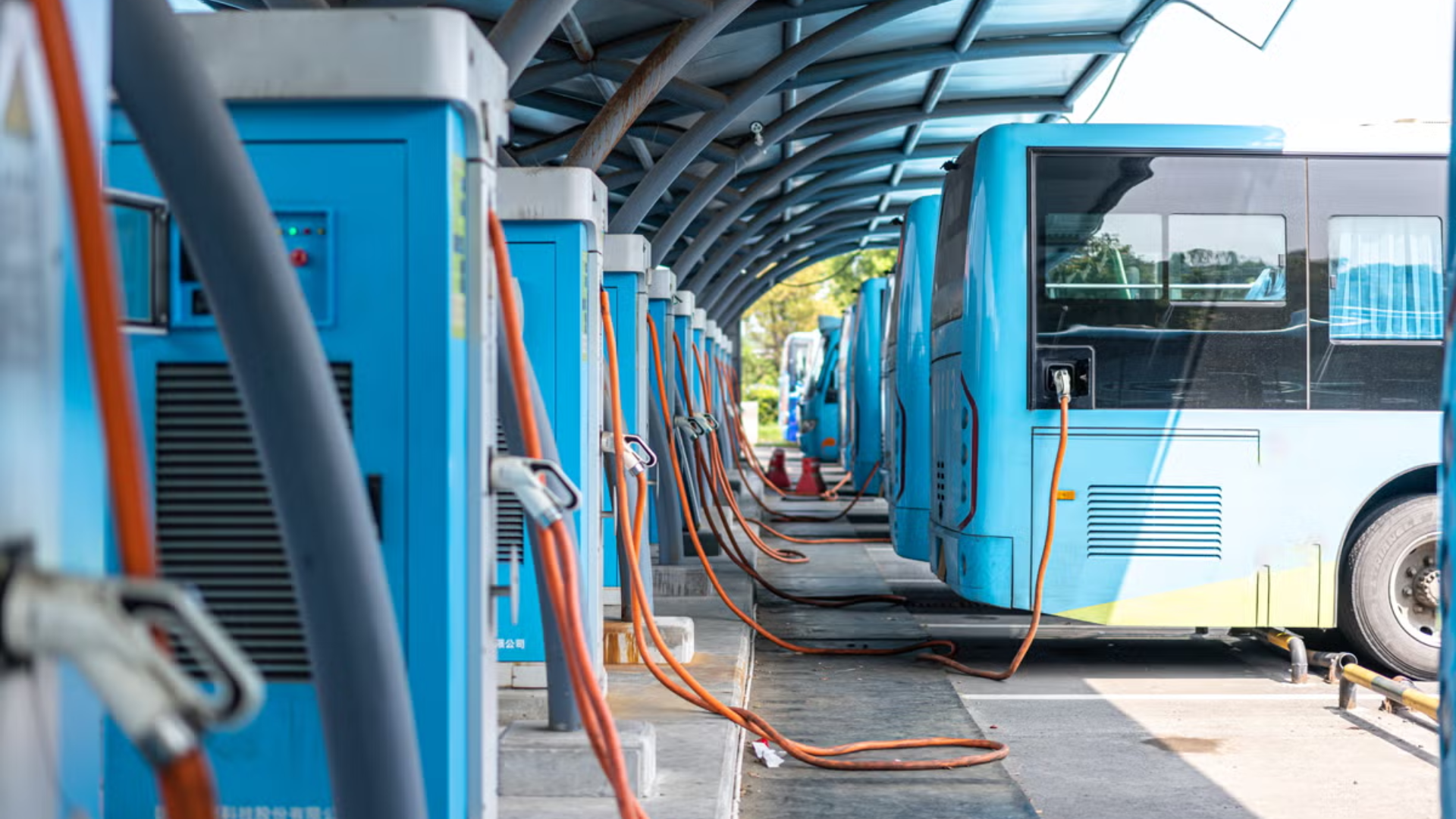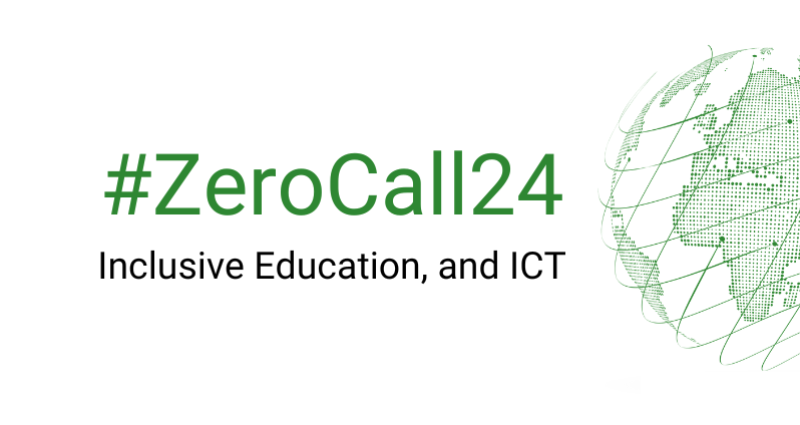
Until June 18, all public and private organizations that stand out in the development of programs according to the seven categories can apply: formal education, training for employment, initial education and early intervention, non-formal education, digital education, lifelong learning and education. in emergency situations.
In order to make visible initiatives that seek the inclusion of people with disabilities, Zero Project recently launched a new call on inclusive education and ICTs. The call is for inclusive, innovative and replicable solutions from around the world to present their projects or initiatives, which will be evaluated in a process with various stages that lasts several months.
Every year Zero Project organizes a great award ceremony in Vienna to recognize the best initiatives -from different parts of the world- to which next year the Ibero-American award event will be added in Chile, due to the extensive progress made in terms of inclusion. . “Article 24 of the UN CRPD emphasizes that persons with disabilities have the right to education and lifelong learning, without discrimination and on the basis of equal opportunities. That is why we call for the value of initiatives or programs that point in this direction. We are witnessing that people with disabilities have lower levels of schooling, which affects their future. Taking care of this aspect is essential to build a more just and inclusive society”, says María Ignacia Rodriguez, coordinator of Zero Project Latin America.
The seven categories to participate in the new Inclusive Education cycle are:
- Formal education: Initial, secondary and university education provided in a formal environment, characterized by a study plan and a certificate of completion recognized and issued by an authorized entity.
- Training for employment: Includes technical training for a specific trade or profession, with on-the-job training and, often, some complementary study.
- Initial Education and Early Intervention: Support and education for children up to age 6 with developmental delays or disabilities, including preschool practices and policies based on playing and singing, as well as hands-on activities such as drawing and painting.
- Non-formal education: Structured and planned education that takes place outside of formal systems, aimed at people of all ages.
- Digital Learning: Courses, programs and initiatives focused on the development of people with disabilities, so that they can access a quality education, either online or in a classroom.
- Lifelong learning: Models that help people with disabilities to obtain all forms of education outside of the steps of formal education, in all its stages.
- Education in Emergencies: Practices that have made it possible to provide an adaptive, inclusive and resilient education during crises (wars, epidemics, natural disasters, etc.)
We invite you to follow the social networks of Zero Project Latin America to subscribe to the conferences and activities of the year. For more information visit https://www.descubreme.cl/zero-project/

